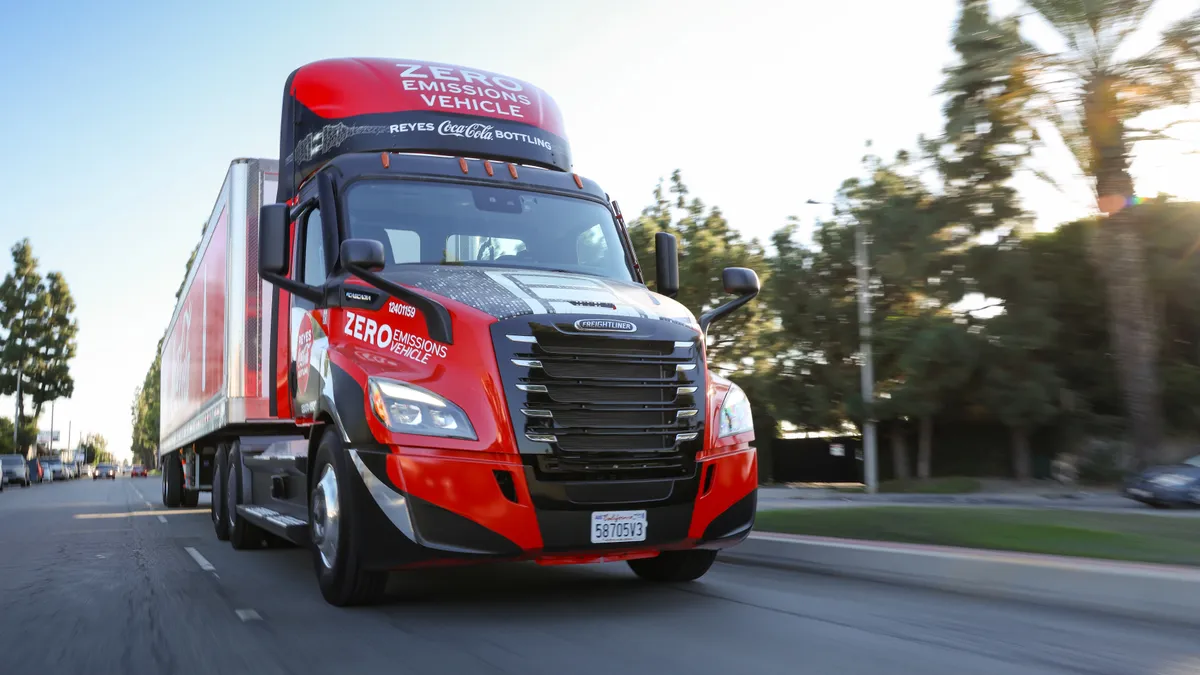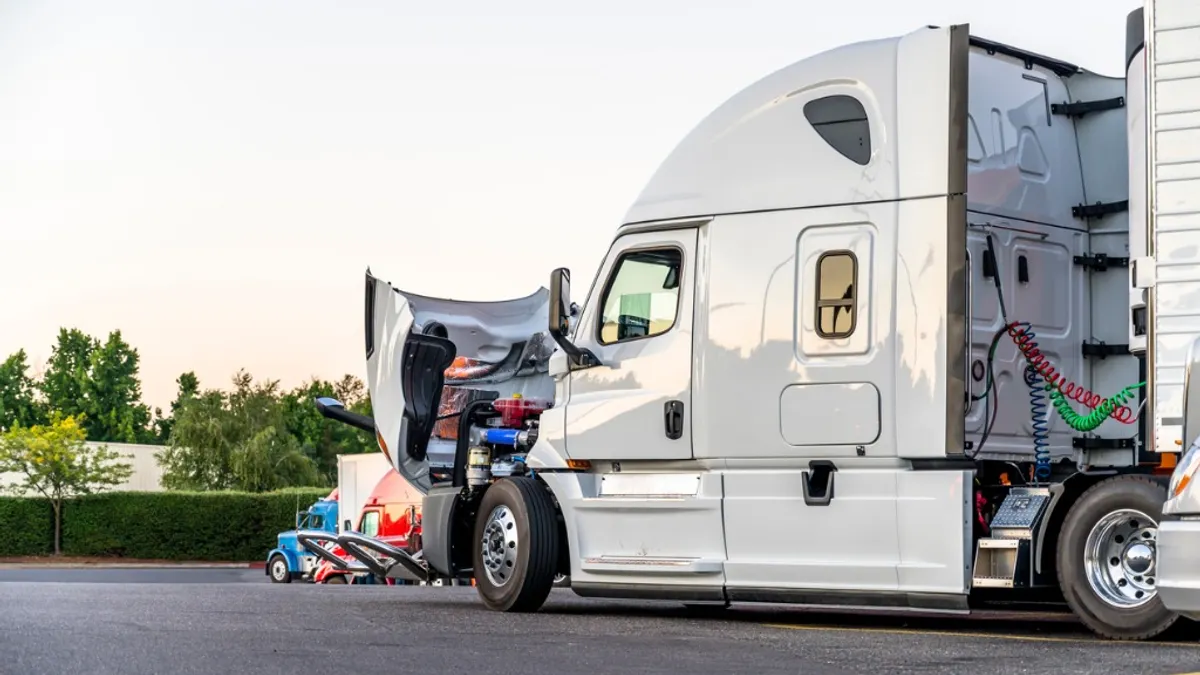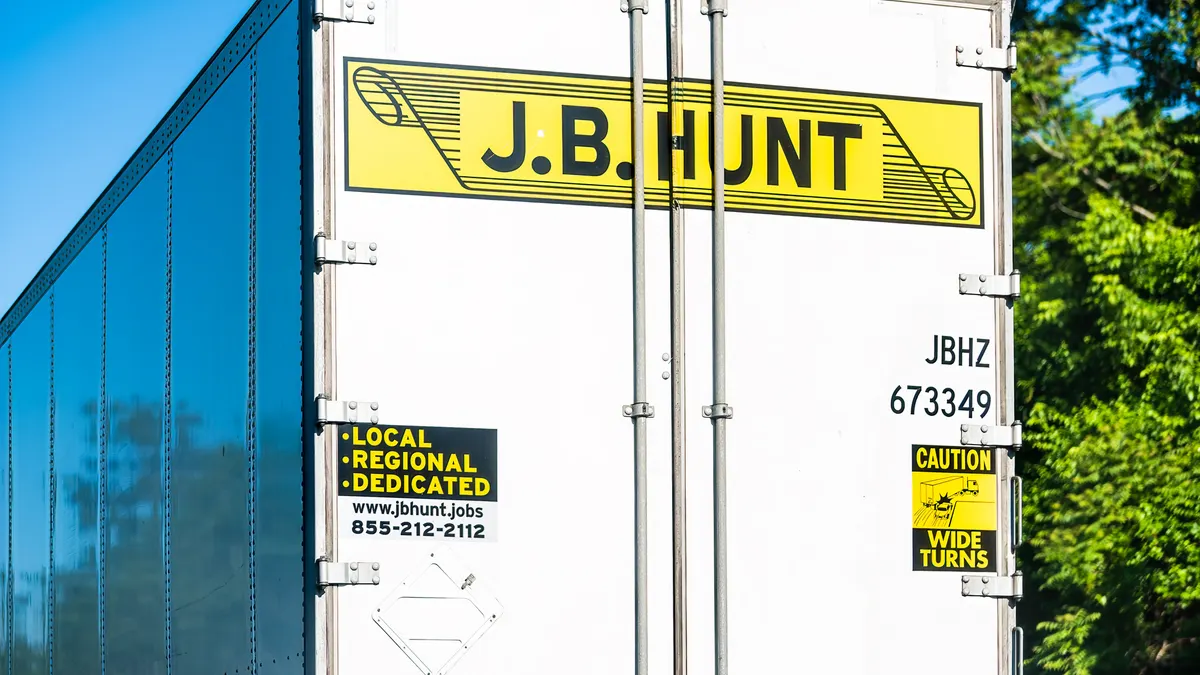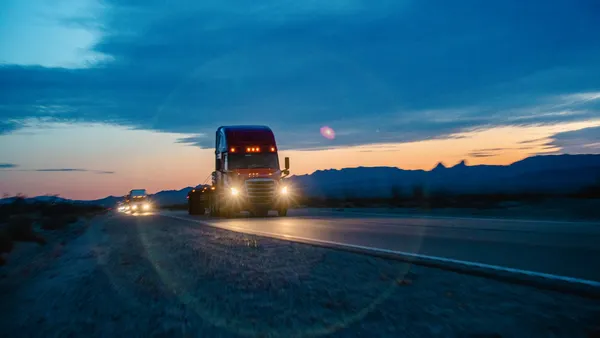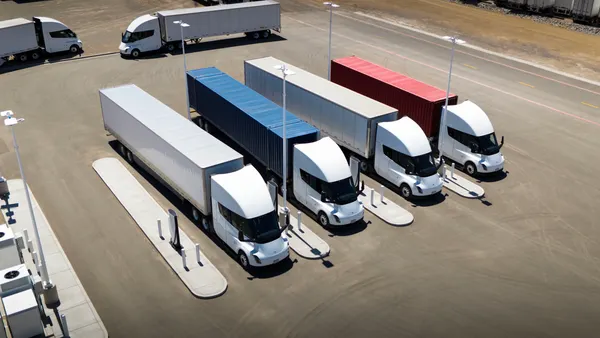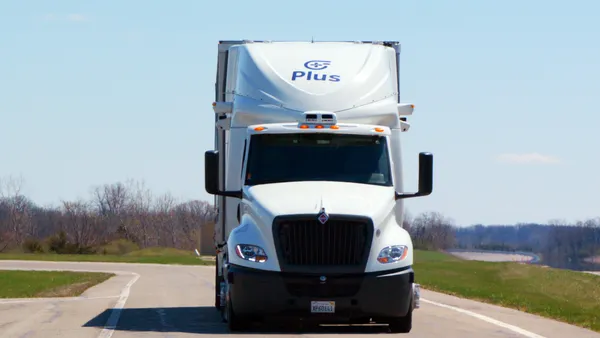A Coca-Cola bottler and distributor on the West Coast and in the Midwest has received its order of 20 electric Freightliner eCascadias for use in California, Daimler Truck North America announced Thursday.
Reyes Coca-Cola Bottling will charge its first heavy-duty EV trucks at charging stations installed at its site in Downey, California, the manufacturer said.
David Carson, Daimler’s SVP of sales and marketing, called the partnership a “significant milestone in promoting sustainable transportation” in a statement.
“The integration of Freightliner eCascadias into RCCB's fleet showcases that business and environmental responsibility can go hand-in-hand, all while fostering innovation and efficiency,” Carson said.
Reyes’ EV trucks will allow it to reduce as much as 40,000 gallons of diesel fuel per year, according to Daimler.
Recharging to about 80% of the trucks’ batteries takes about 2.5 to 3 hours, and the trucks offer a typical range of 155, 220 or 230 miles, depending on battery and drive axle setup, according to the OEM.
The trucks are suitable for short and regional haul routes with depot-based charging, and they can be used for last-mile logistics, local and regional distribution, drayage and warehouse-to-warehouse distribution, Daimler said.
Reyes strives to cut 30% of its carbon emissions by 2030, Tim Heinen, VP of strategic infrastructure and development, said in the announcement.
“Our electric fleet for Downey, which now includes electric semi-trucks and electric customer care vehicles, will serve customers throughout Southern California and build on our commitment to make a positive difference in our communities,” Heinen said.
Carriers such as Schneider, XPO and Pitt Ohio are adopting EV trucks into their California operations in preparation for looming zero-emissions regulations. California’s Advanced Clean Trucks rule requires 75% of Class 4-8 truck sales to be zero-emission vehicles by 2035.
Its Advanced Clean Fleets rule, which goes into effect Jan. 1, seeks to end sales of diesel-powered medium- and heavy-duty trucks by 2036.


